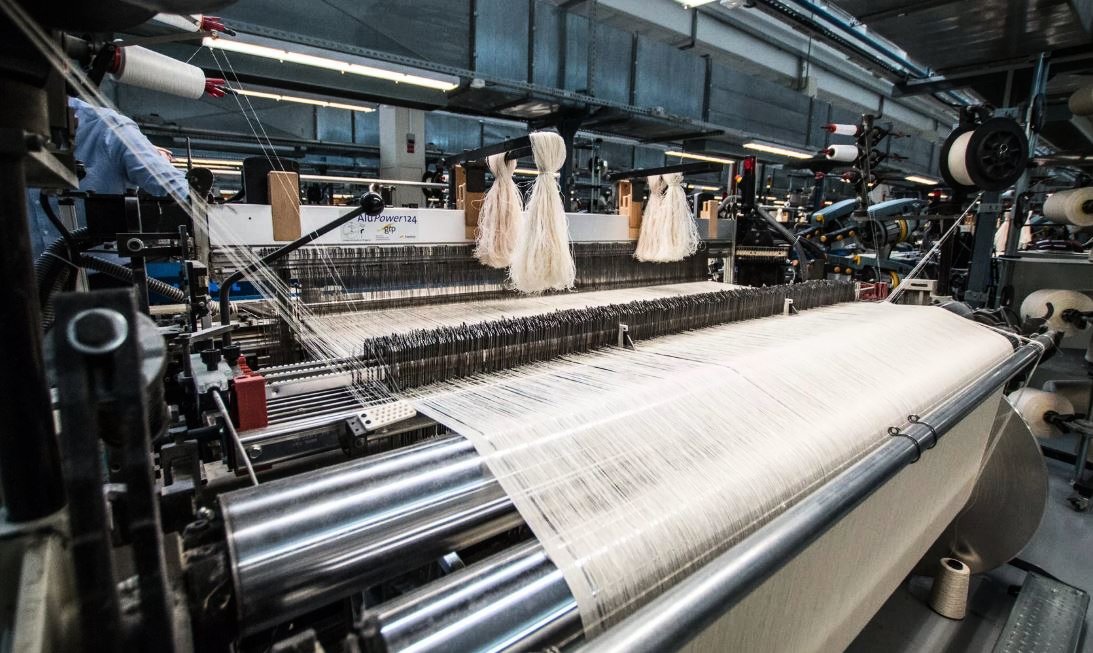Produkt Beschreibung
Über das Yanagiba
Der Moritaka AS Yanagiba Messerschneider kann große Braten und andere Fleisch- und Fischsorten tranchieren und verarbeiten, aber auch andere Zutaten wie Gurken oder Räucherlachs in dünne Scheiben schneiden. Die lange Klinge des Yanagiba ermöglicht es, das Fleisch oder den Fisch in einer einzigen Zugbewegung zu schneiden, von der Ferse bis zur Spitze. Die schmale Klinge und der relativ spitze Klingenwinkel des Yanagibas sind Merkmale, die den Kraftaufwand beim Schneiden von Zutaten stark reduzieren. Aus diesem Grund ist es empfehlenswert eine Klinge zu verwenden, die so lang ist wie möglich, insofern es von Dein Budget und Dein Arbeitsplatz zulässt. Die Kombination aus Schneidetechnik, spitzem Klingenwinkel und scharfer Schneide führt zu einer sehr geringen Zellschädigung der Schnittfläche. Dies ist besonders wichtig für Gerichte, bei denen der Fisch roh verzehrt wird, da somit der ursprünglichen Geschmack und die Textur des Fisches erhalten bleibt.
Die Schneide dieses Messers ist strapazierfähiger als die seiner Pendants mit einfachem Schliff und kann für mehr Anwendungen als nur das Zerlegen eines ganzen Fisches verwendet werden. Dies ist auch ein großartiges Messer für Linkshänder, die ihr Schnittmuster erkunden aber keine großen Summen für ein, von einem Schmied maßgeschneidertes, Linkshänder-Messer ausgeben wollen. Passform und Verarbeitung sind bei diesen Messern ausgezeichnet und angesichts der Menge an Metall, die für die Herstellung dieser Yanagibas verwendet wird, ist dies eines der besten Produkte aus handgefertigtem Aogami-Superstahl, die man finden kann.
Zeitlos
Aogami Super Steel zusammen mit Aogami #2 werden wegen ihrer besonderen Haltbarkeit und dem länger anhaltendem Schneidverhaltens ausgewählt. Der extrem beständige Griff ist aus gereiftem Kirschbaumholz gefertigt. Das Cherrywood überdauert das leichtere Magnolienholz, das normalerweise für japanische Messer verwendet wird.
Das Wichtige an Moritaka-Messern (und diesem Moritaka AS Yanagiba-Messer) ist die Tatsache, dass die Karbonklinge zu einem rostfreien Erl geschmiedet wird, was bedeutet, dass jegliche Feuchtigkeit nicht zu vorzeitigem Lochfraß oder Schäden am Griff führt. Also, kein Rosten von innen, wodurch sich der Griff lösen könnte (ein Problem bei traditionellen japanischen Messern). Dieses neue Design und die patentierte Lösung gewährleisten sowohl Langlebigkeit, als auch Hygiene der Messer.
Aogami Super Steel ist der höchste YSS (Yasugi Speciality Steel), welcher hohe Anteile an Kohlenstoff, Chrom und Wolfram enthält, um die Härte zu erhöhen und die Schneidhaltigkeit, sowie die Korrosionsbeständigkeit zu steigern. Aogami Super Steel wird für seine Fähigkeit geschätzt, eine sehr steile und scharfe Klinge zu führen.
Handwerkskunst
Moritaka Hamono ist eine traditionelle Messerschmiede, die auf eine über 700-jährige Geschichte zurückblicken kann. In jahrelanger Handarbeit haben sie einzigartige Fähigkeiten und Kenntnisse entwickelt, die von Generation zu Generation weitergegeben werden. Die einzigartigen Klingenschmiedetechniken von Moritaka ermöglichen die Herstellung von Messern, die länger als jedes andere Messer auf dem Markt, scharfe Kanten behalten. Sowohl die Leistung als auch der Charakter dieser Klingen sind beim ersten Gebrauch dieses Messers zu spüren.

Heute werden Deine Messer vom 26., 27. und 28. Schwertschmied geschmiedet.
- Takuzo Moritaka (der Meister und 26. Schwertschmied) ist immer noch da aber schon im Begriff sich zur Ruhe zu setzen, während seine beiden Söhne:
- Tsunehiro Moritaka (27ter Schwertschmied) und
- sein jüngerer Bruder Teruhiro Moritaka (28. Schwertschmied) die Familientradition fortsetzen.
In dieser Fabrik gibt es kein Fließband – hier sind nur Künstler am Werk. Und wir haben diese Messer direkt von der Familie Moritaka importiert. Bitte berücksichtige, dass jedes Messer ein etwas anderes Aussehen und eine andere Größe hat, da die Klinge handgefertigt ist und der Griff aus Naturholz besteht.
Instandhaltung
Die Schneiden des Moritaka AS Yanagiba Messers sind extrem steil und können durch hohe Veredelungsstufen auf den Steinen genommen werden. In Anbetracht des Verwendungszwecks kann es sich lohnen, den Schrägungswinkel des Herstellers beizubehalten, um ein Abplatzen beim Bearbeiten von Geflügelstücken zu vermeiden. Das Finish ist Kurouchi (schwarz) mit einer Lackschicht – diese dient als Schutz des Stahls und sollte nicht wegpoliert werden. Die Schneide ist, anders als bei traditionellen einschneidigen japanischen Messern, eine 50-50-Doppelschneide. Dadurch ist es viel einfacher sie mit einigen handelsüblichen Schärfsystemen scharf zu halten.
Wie die meisten Geräte braucht auch dieses Moritaka AS Yanagiba-Messer ein wenig Liebe und Pflege. Du solltest sie regelmäßig schärfen und je nach Stahlsorte sofort nach dem Gebrauch trocknen. Dies sind 3 allgemeine Regeln, die Du befolgen solltest:
- Lege Dein Messer nicht in die Spülmaschine.
- Bewahre Deine Messer entweder auf der magnetischem Messerleiste, dem Messerblock, oder ummantelt in der Utensilien schublade auf
- Schiebe Dein Messer nicht mit der Klinge nach unten über das Schneidebrett, um zum Beispiel das gerade Gehackte beiseite zu schieben.
Lies auch unsere vollständige Anleitung, wie du Messer richtig pflegstund schärfst.




















